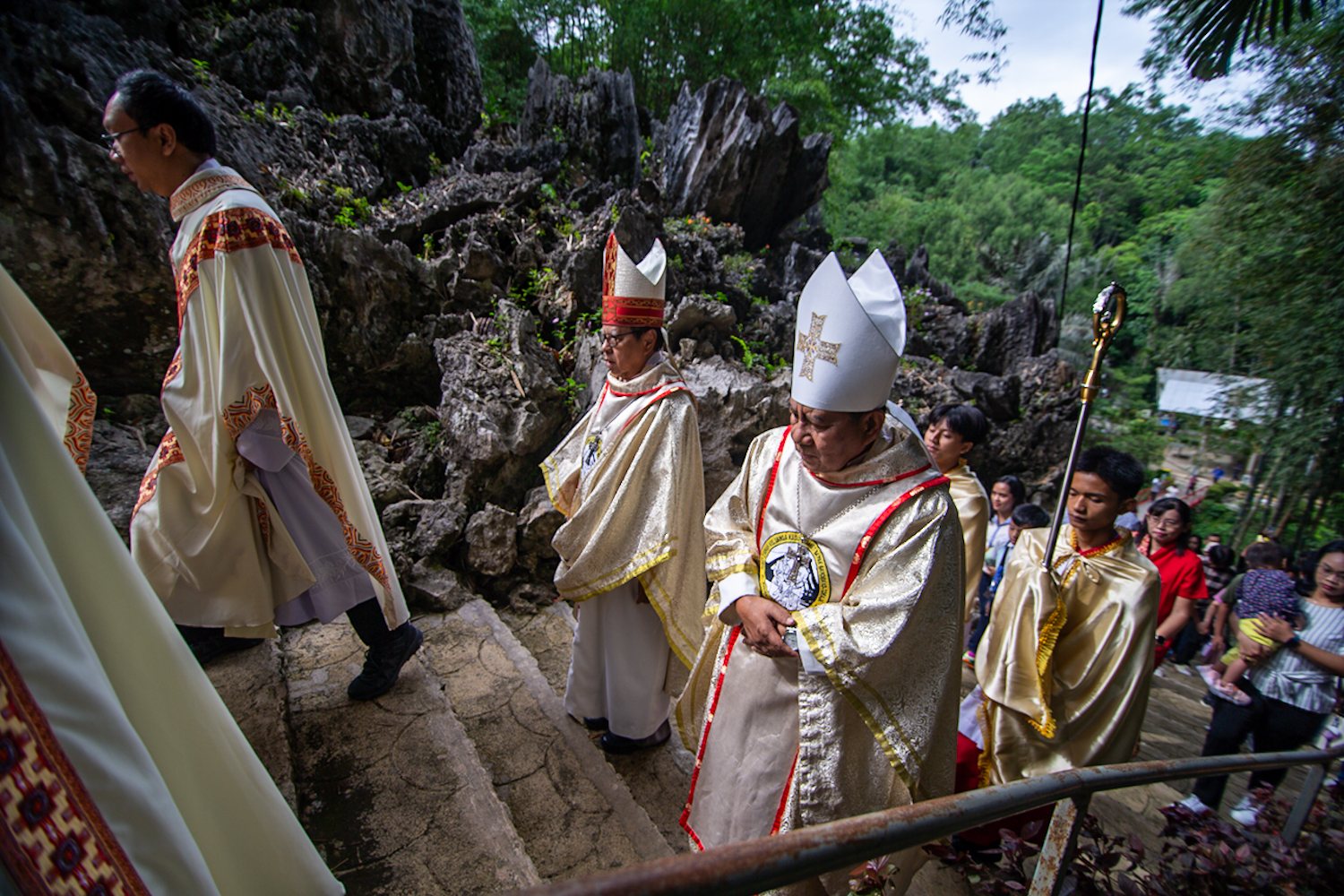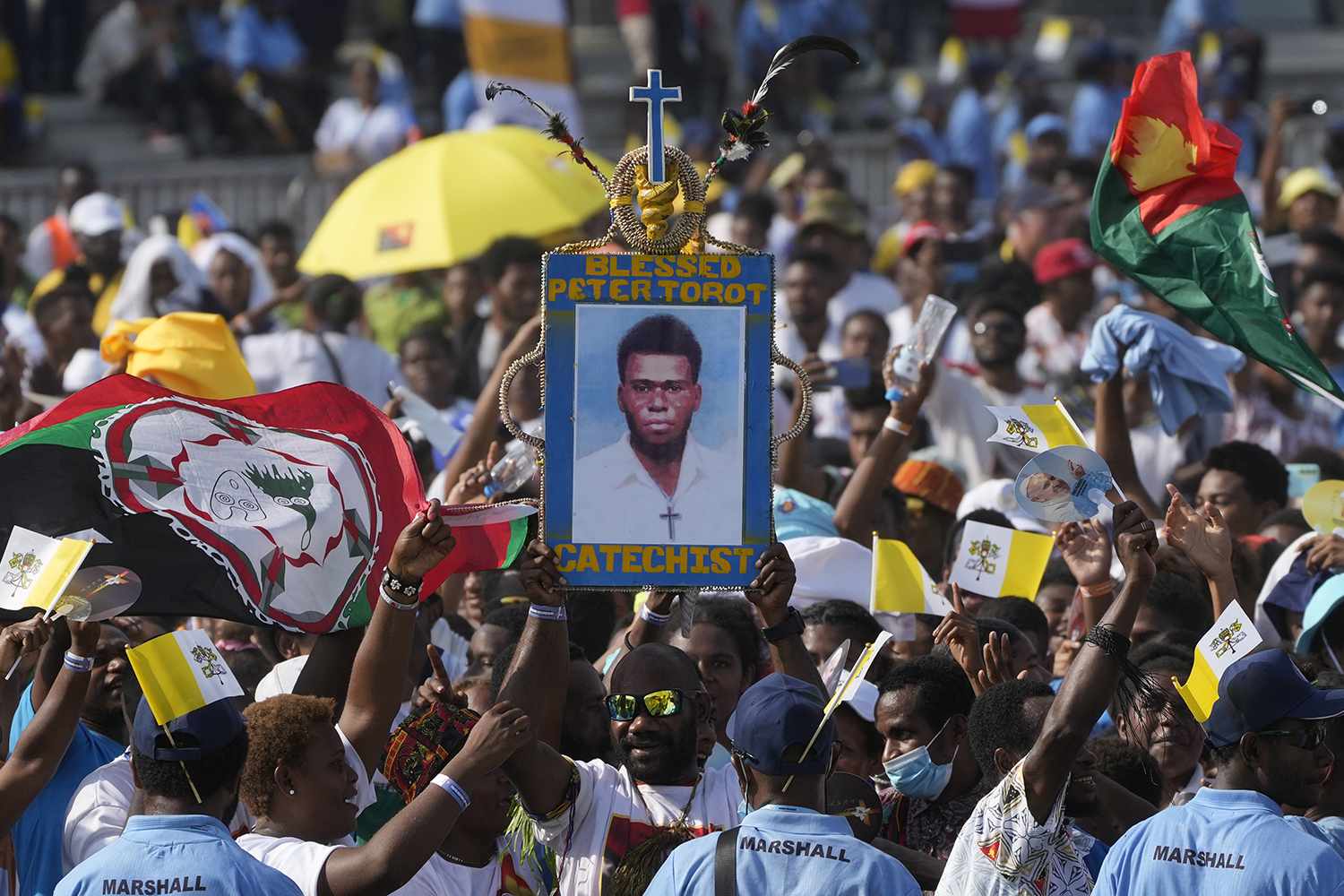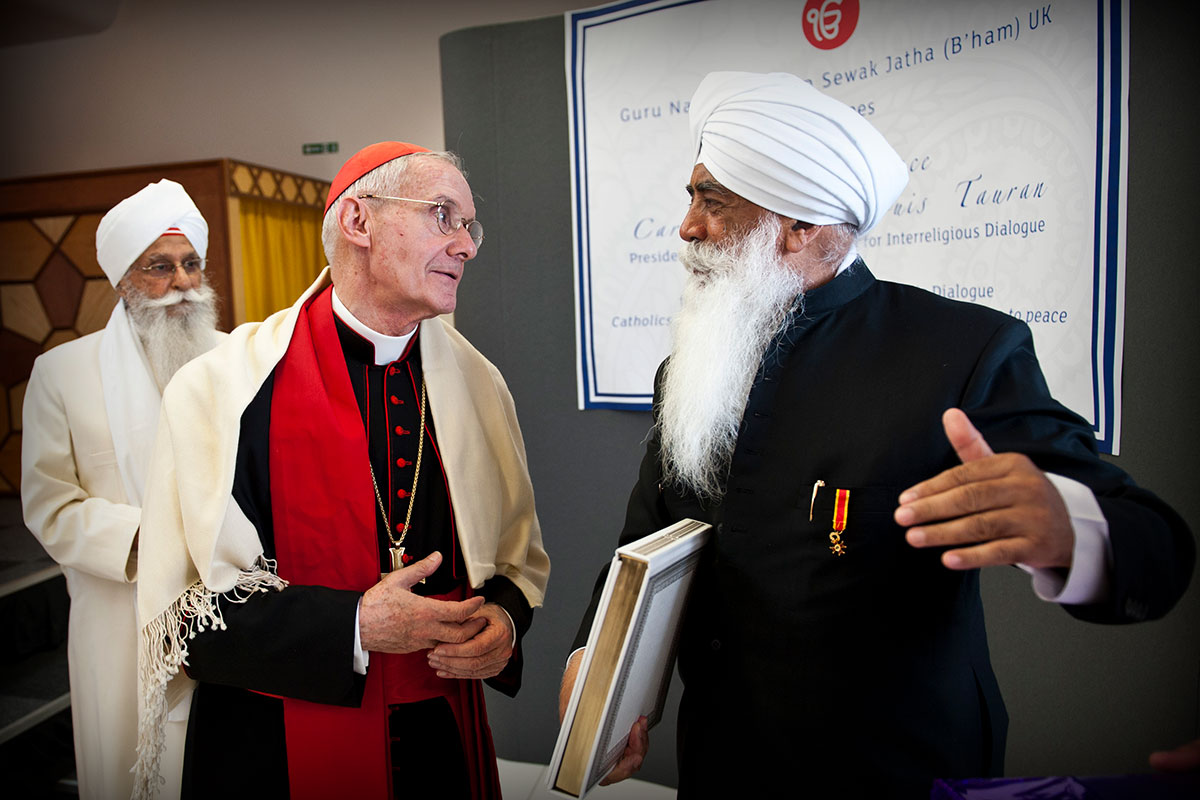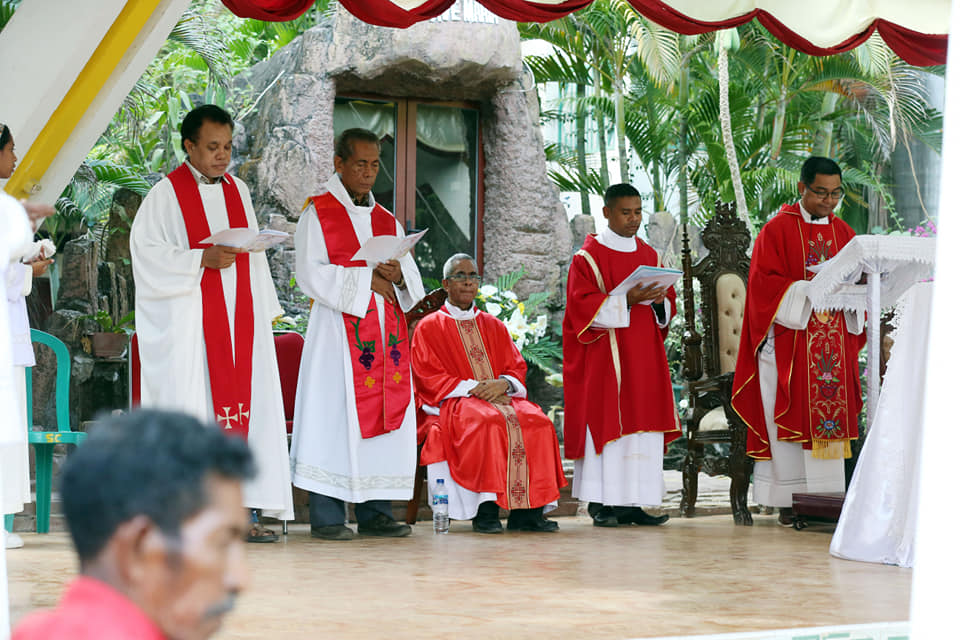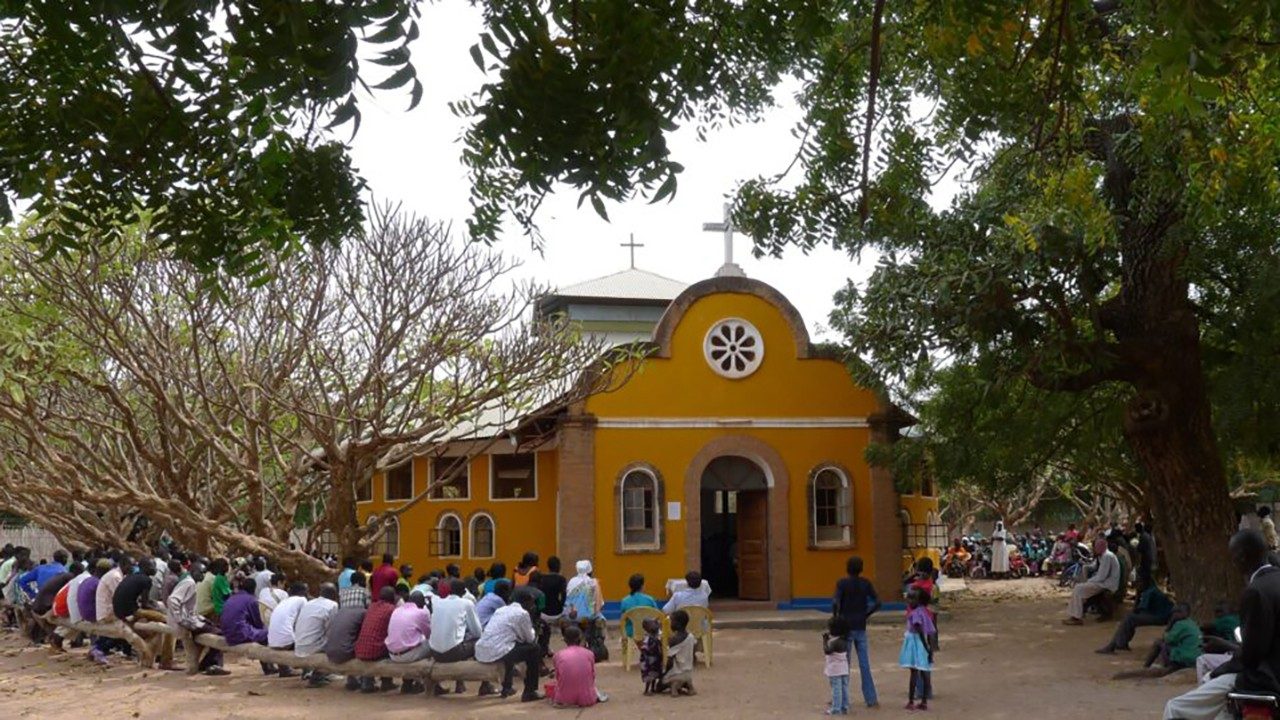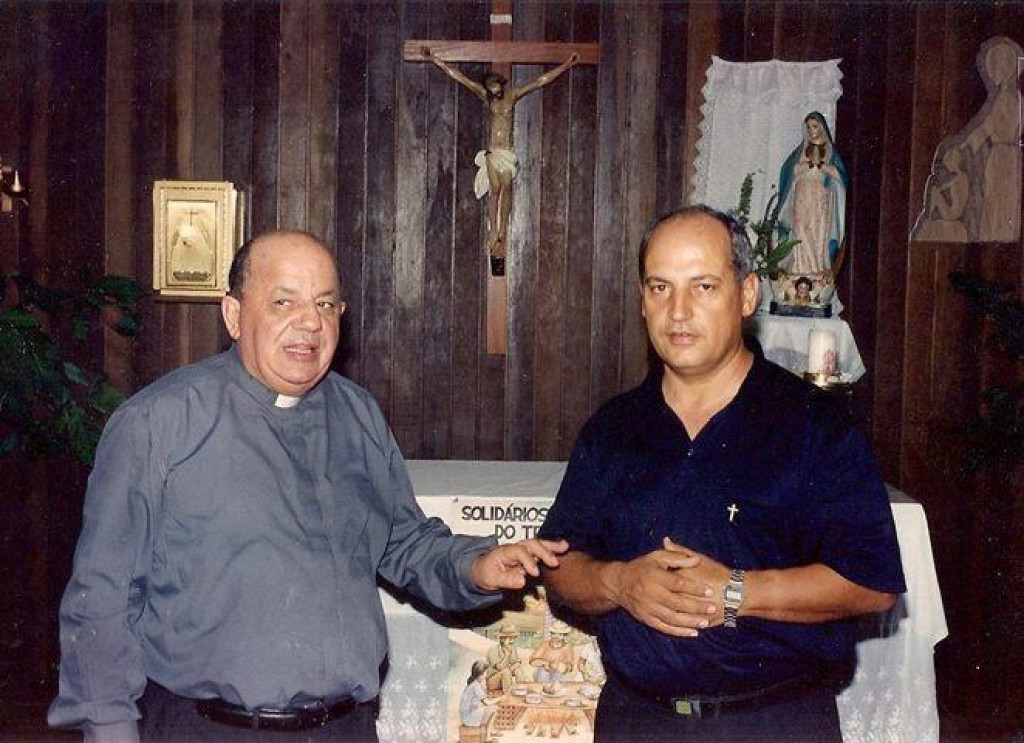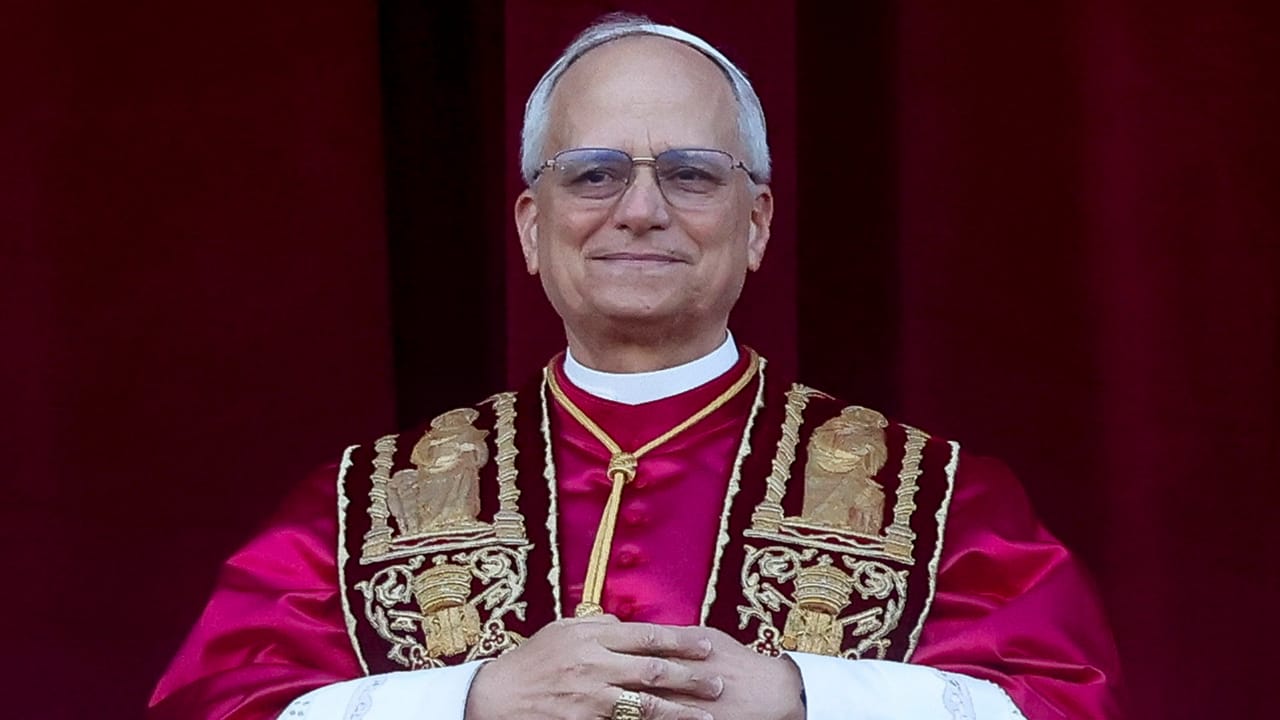It was only in 1895 that the first missionaries from the African Mission Society (SMA) arrived in Ivory Coast. In other words, the Catholic Church, as an organized entity (let’s not forget the first attempts at evangelization carried out by priests who sailed on Portuguese caravels, from the 14th century onward) is relatively young there. Thus, Ivory Coast is still a “mission land,” with an entire hierarchy made up of bishops originating from that country’s diocesan clergy. But, as Bishop Marcelin Yao Kouadio of Daloa and president of the Episcopal Conference of Ivory Coast told the news agency Fides, “we are always open-armed and ready to welcome foreign missionaries from religious congregations (especially women) and institutes of apostolic life.”
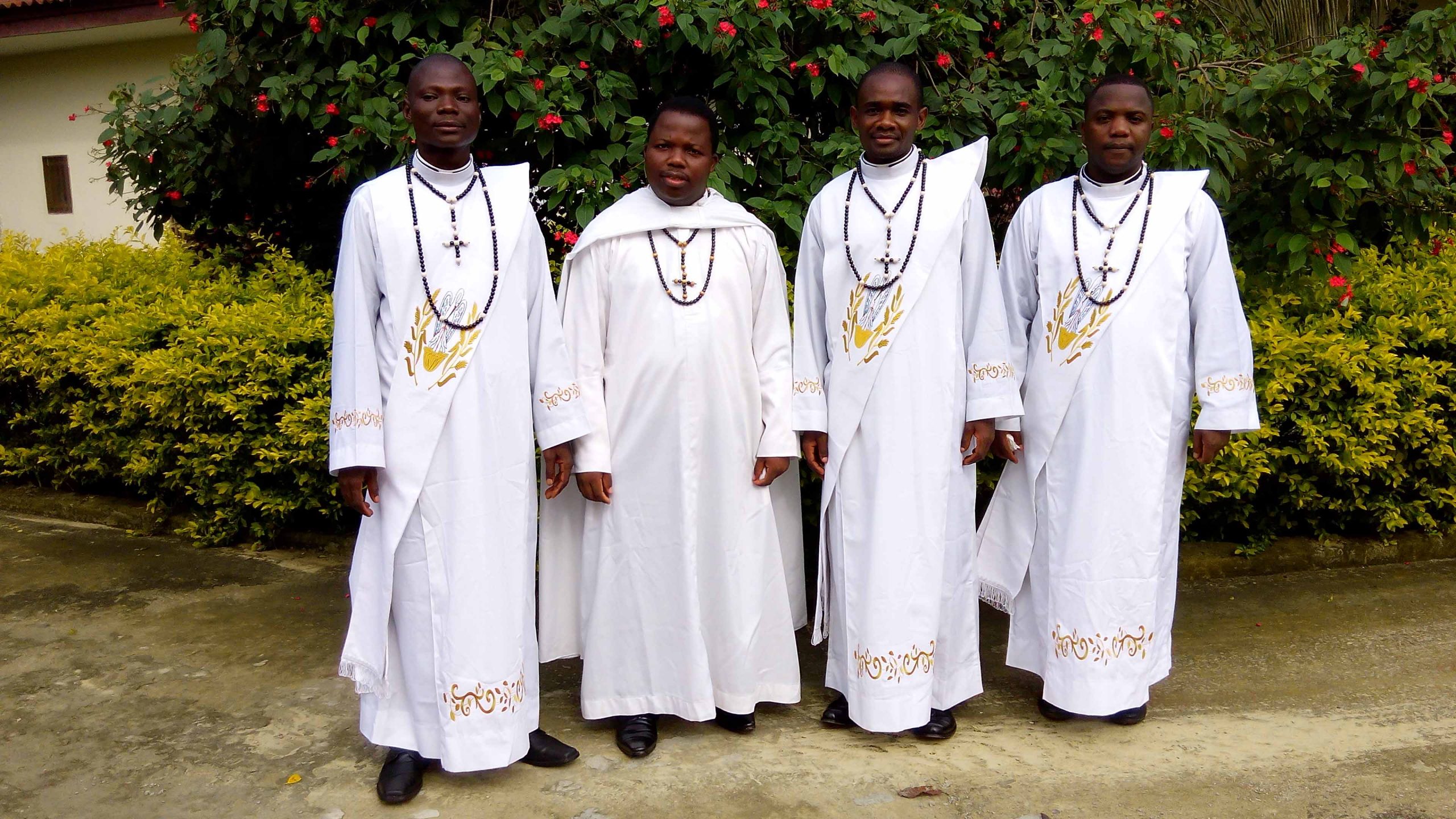

 Follow
Follow
